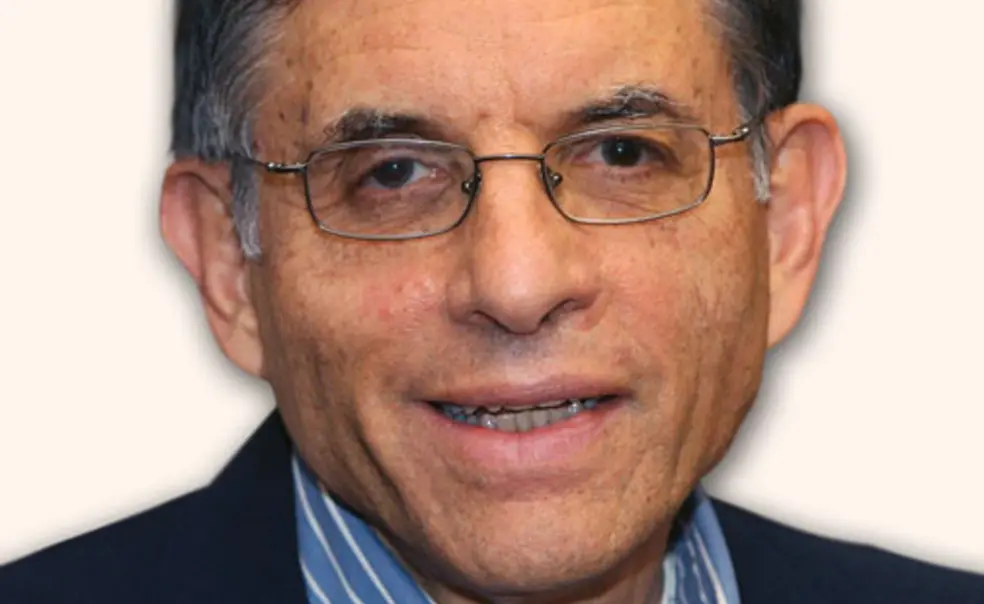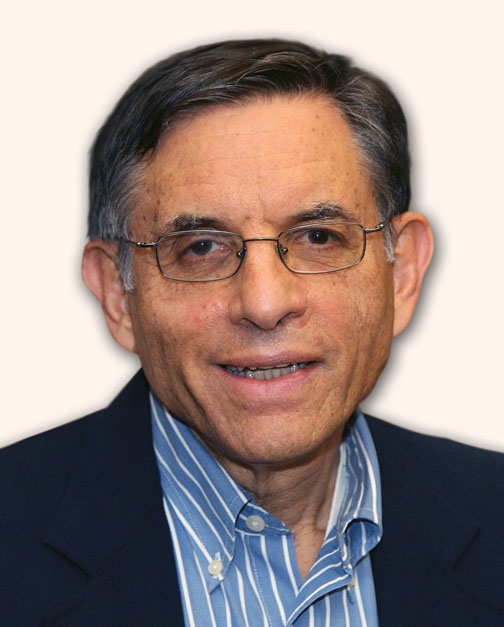A moment with ... Mark Cohen, on interfaith relations
In October, the Center for the Study of Jewish-Christian-Muslim Relations at Merrimack College awarded Mark Cohen, Princeton’s Khedouri A. Zilkha Professor of Jewish Civilization in the Near East, the first Goldziher Prize for scholarship promoting better understanding between Muslims and Jews. The author of Under Crescent and Cross: The Jews in the Middle Ages, Cohen has written widely on the roots of anti-Semitism in the Muslim world and recently on the controversy over the proposal to build an Islamic cultural center near Ground Zero in New York City.
Should Islamic groups build a mosque and cultural center near Ground Zero?
Yes, they should. After all, there is already another mosque within several blocks of that site. I’m sure that some people do find the choice of location insensitive, but I also feel that certain politicians have fired up people’s sensitivities on this issue.
Can that mosque serve as a symbol of religious tolerance?
That is what the founders of the project meant it to be. The project was originally called Cordoba House, but they changed it and now call it Park51 in response to claims that Cordoba, which was the Islamic capital of medieval Spain for several centuries, was not a symbol of religious tolerance and pluralism, but of Muslim violence and conquest. They don’t really understand what Cordoba was all about. Cordoba was a place where Jews, Muslims, and Christians were able to live together relatively peacefully. They interacted in many different ways, and Jews, in fact, assimilated forms of Arabic and Muslim culture, such as poetry and philosophy. Non-Muslims did not have equal political rights in the sense that John Locke would later understand that term, but then none of the three monotheistic religions at the time tolerated other monotheistic religions in that sense.
What is the best way to promote interfaith understanding?
It starts with education. Because people don’t know much about Islam, they get their knowledge about it from what they read in the popular press and see on TV, and the aspects of Islam that get reported do seem reprehensible. This leads people to attribute to the mass of Muslims the fierce anti-Western antagonism and terrorist violence of a very few.
You have written a lot about the roots of Muslim anti-Semitism. What are they?
Anti-Semitism originated in Europe in the 12th century and came to the Middle East from the West in the 19th century with colonial settlers and Christian missionaries. It caught on first with Arab Christians and then spread to Muslims. With the rise of political Zionism at the end of the 19th century, it grew in intensity. The notorious European anti-Semitic book, The Protocols of the Elders of Zion, was translated into Arabic from French in the 1920s by a Christian Arab. Then the Nazis, who wanted to win over Arab countries as their allies, preached anti-Semitism to the Middle East through radio broadcasts in Arabic and Persian, quoting passages from the Quran that, taken out of context, looked anti-Semitic. This was later picked up by some Arab nationalists as a tool against the British, who were believed to be allied with the Jews. The formation of Israel in 1948 and the wars that have followed it have ratcheted up anti-Semitism in the Middle East even more.
Today, the lines between anti-Semitism and anti-Zionism have become blurred. But from a historical standpoint, it is wrong to attribute anti-Semitism to Islam at its core. Once you say that anti-Semitism comes from the Quran, you are exonerated from doing anything about it — you don’t have to make peace with the Muslims because they are inveterate anti-Semites.
Can Islam be assimilated into the largely Judeo-Christian culture of the United States?
That is one of the large questions Muslims themselves are grappling with, just as Jews did. The term “Judeo-Christian tradition” only became popular after World War I and especially after the rise of Nazism in Europe. In fact, Judaism is much closer to Islam in its belief system and practice than it is to Christianity. My emeritus colleague Bernard Lewis coined the term “Judeo-Islamic tradition” to describe it. Unfortunately, non-Muslims in the United States, both Christians and Jews — and, I would add, Muslims — are ignorant of those similarities. If people understood them better, I think some of the prejudices against Islam would evaporate.
— Interview conducted and condensed by Mark F. Bernstein ’83













No responses yet